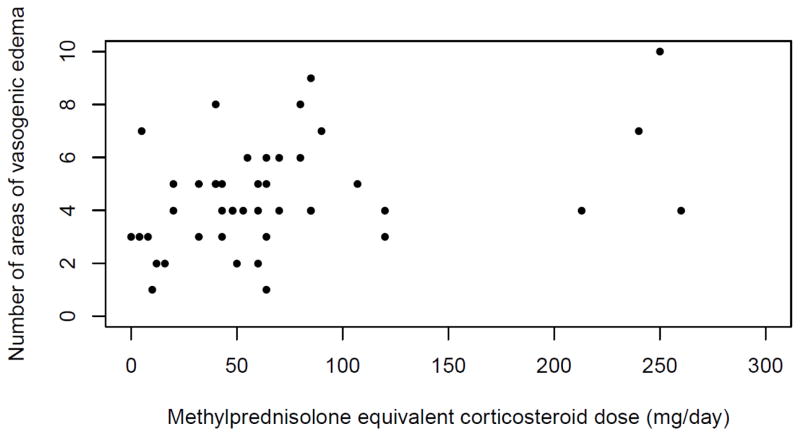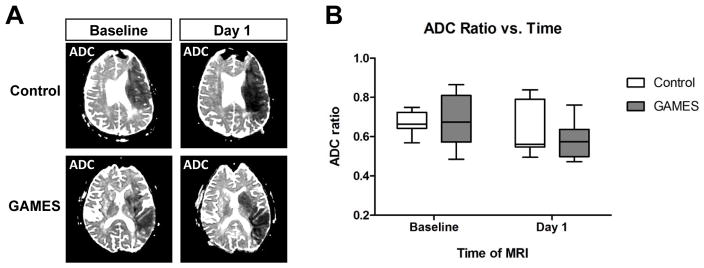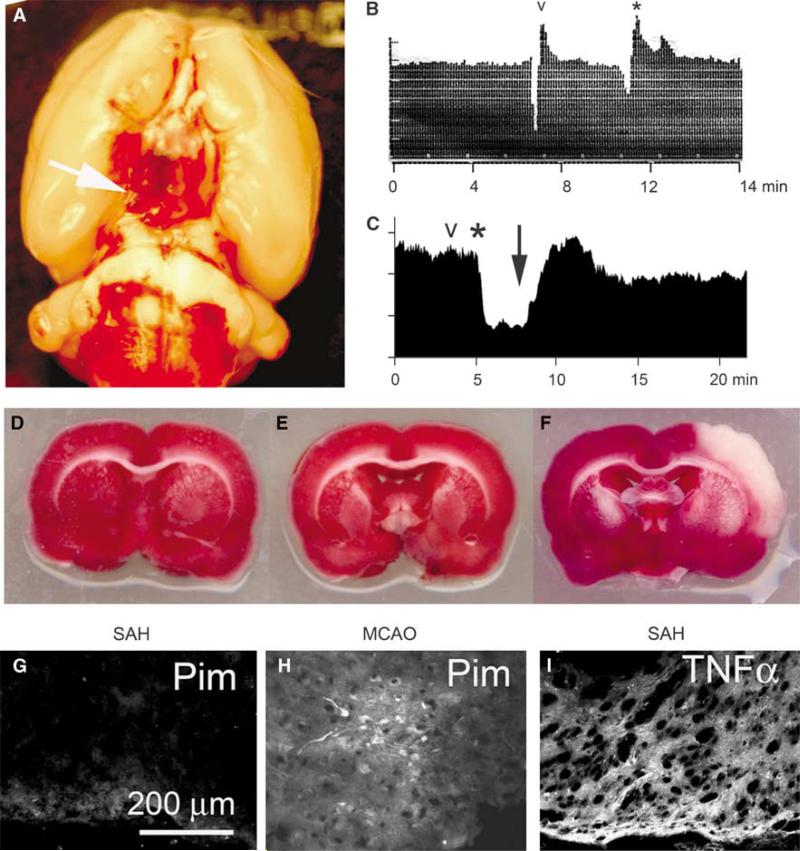BACKGROUNDPosterior reversible encephalopathy syndrome (PRES) is a variable cerebrovascular syndrome related to hypertension and autoregulatory failure. Steroids have been reported to each precipitate and deal with PRES. We sought to find out the prevalence of steroid therapy on the time of PRES and to evaluate the connection between steroid therapy and extent of vasogenic edema.
Read MoreMonth: May 2020
Glyburide is associated with attenuated vasogenic edema in stroke patients.
BACKGROUNDBrain edema is a severe complication of ischemic stroke that may result in secondary neurological deterioration and dying. Glyburide is reported to forestall mind swelling in preclinical rodent fashions of ischemic stroke by way of inhibition of a non-selective channel composed of sulfonylurea receptor 1 and transient receptor potential cation channel subfamily M member 4.
Read MoreGlibenclamide reduces inflammation, vasogenic edema, and caspase-3 activation after subarachnoid hemorrhage.
Subarachnoid hemorrhage (SAH) causes secondary mind damage resulting from vasospasm and irritation. Here, we studied a rat mannequin of mild-to-moderate SAH supposed to attenuate ischemia/hypoxia to look at the function of sulfonylurea receptor 1 (SUR1) within the inflammatory response induced by SAH. mRNA for Abcc8, which encodes SUR1, and SUR1 protein have been abundantly upregulated
Read More

